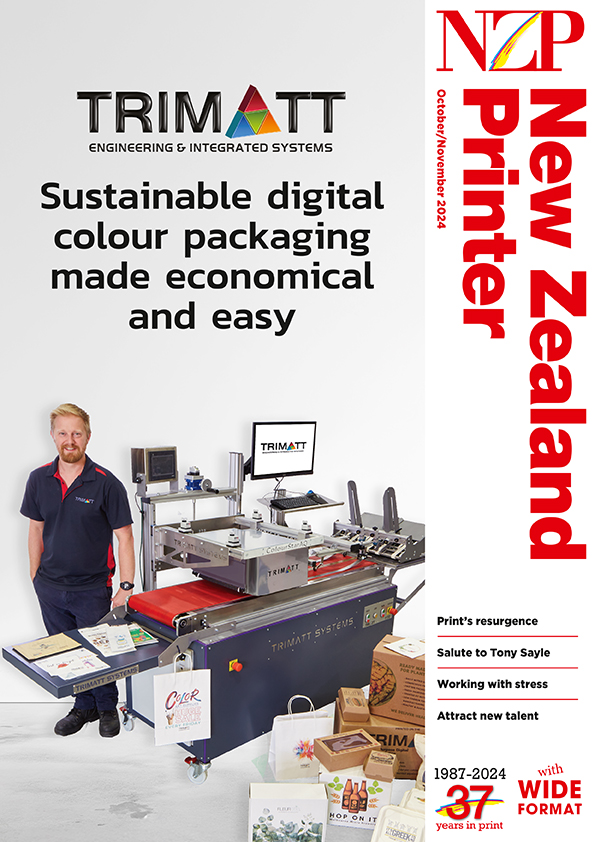Major Océ shareholder Orbis, which has a holding of ten per cent is opposing the offer, and only needs to attract a further five per cent of shareholders to its side for Canon’s stated 85 per cent minimal share requirement to be thwarted. Canon currently either owns or has pledged 49.8 per cent of Océ
Shares in Océ have jumped since Canon made its offer by more than the 70 per cent premium Canon was proposing, as traders believe Canon or rival bidders may drive the price higher. Those rival bidders are unlikely to include partner Konica Minolta, which has said it is not interested, or Xerox which has committed its cash elsewhere. However Ricoh and particularly Hewlett Packard may well emerge into the fray.
For HP, which has been strongly acquisitive in graphic arts in recent years through its purchases of Indigo, Scitex, NUR, Colorspan and others Océ would represent a significant enhancement to its already dominant wide format position. It would also give it huge push in its desire to be king of the emerging high speed inkjet arena, as Océ is already in a strong position there through Jetstream. And it would add a considerable portfolio of product lines that HP does not have, particularly in high speed monochrome solutions.
All those assets hold similar attraction for Ricoh, although in different ways. Ricoh is the world’s biggest office copier company, and is looking at moving into new areas, evidenced by its sizeable investment in the graphic arts world since last drupa. Ricoh though is still using much of its corporate energy integrating US office products distributor Ikon into its business, which ironically is part of the reason Canon is bidding for Océ, as Ikon was a major Canon distributor.
Analysts though believe Canon is determined to win Océ, as it seeks to bolster its own position on the world stage, and compete with Ricoh and Xerox in size. And if Orbis remains defiant with no other support it risks being left with ten per cent of an empty shell.

